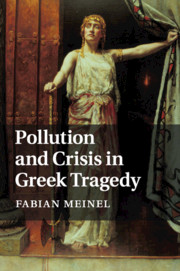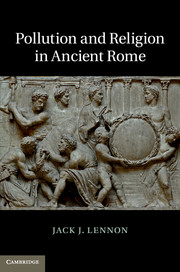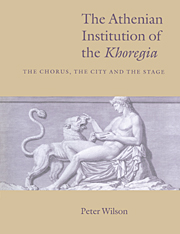Pollution and Crisis in Greek Tragedy
Pollution is ubiquitous in Greek tragedy: matricidal Orestes seeks purification at Apollo's shrine in Delphi; carrion from Polyneices' unburied corpse fills the altars of Thebes; delirious Phaedra suffers from a 'pollution of the mind'. This book undertakes the first detailed analysis of the important role which pollution and its counterparts - purity and purification - play in tragedy. It argues that pollution is central in the negotiation of tragic crises, fulfilling a diverse array of functions by virtue of its qualities and associations, from making sense of adversity to configuring civic identity in the encounter of self and other. While primarily a literary study providing close readings of several key plays, the book also provides important new perspectives on pollution. It will appeal to a broad range of scholars and students not only in classics and literary studies, but also in the study of religions and anthropology.
- Investigates the ubiquity of pollution in Greek tragedy
- Undertakes detailed readings of key tragedies such as Aeschylus' Oresteia, Sophocles' Theban plays and Euripides' Hippolytus
- Provides new perspectives on ritual pollution in ancient Greece of interest to historians and anthropologists as well as classicists
Product details
May 2020Paperback
9781108820103
292 pages
150 × 230 × 15 mm
0.43kg
Available
Table of Contents
- Introduction
- 1. Pollution, interpretation and understanding
- 2. Pollution and the stability of civic space
- 3. Evaluation and stability in Aeschylus' Oresteia
- 4. Pollution, purity and civic identity
- Envoi.




